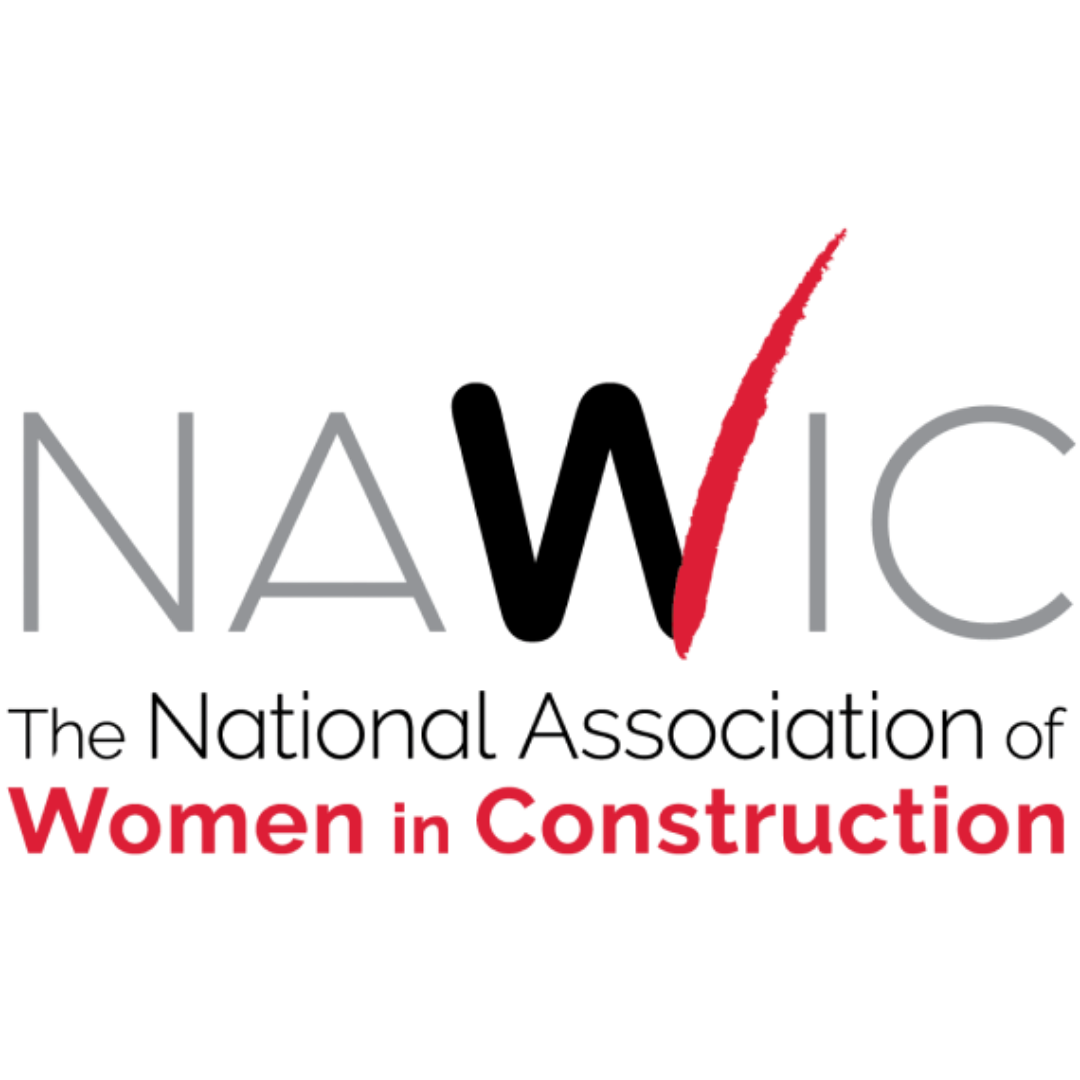Pre Construction
Sets the Stage for Project Success
Preconstruction is the most critical initial stage within the processes of a construction project, significantly influencing its ultimate success, operational efficiency, and budget adherence. We first establish the most direct and effective collaborative environment where the client, design teams, owner representatives, and our governing Construction Management Teams define the overall concepts and respective expectations for each party to use our innovative tools and expertise's in the journey to multiple successes. This phase encompasses comprehensive planning and preparatory tasks required prior to full financial commitments and commencing any physical construction activities.
Services
Project Evaluation & Planning
This foundational step centers on comprehensively identifying the Client's needs, refining clear project objectives, and evaluating project viability. Through in-depth consultations with our clients, we gain clarity on their goals and expectations. Additionally, we work closely with the architects, engineers, material suppliers, and all design and finishing teams to carefully define the project's scope, specifications, and strategic direction.
Budget Development and Cost Evaluation
At this stage, we evaluate all project costs, including materials, labor, equipment, and permits. Since 1889, Schweiger has recognized that unexpected costs go beyond material and labor issues, using both historical trends and modern financial practices. We offer value engineering options to reduce costs without sacrificing quality and provide a detailed budget tailored to your financial goals, ensuring ROI from start to finish.
Design Development & Coordination
Our team collaborates closely with the design experts to ensure all initial Construction Documents are precise and complete. We ensure alignment of the design with regulatory requirements, client expectations, and real-world construction practices. Additionally, we engage our trade partners and subcontractors proactively to pinpoint and resolve potential obstacles ahead of construction.
Preconstruction serves as an essential phase, establishing the groundwork for a successful construction project through meticulous planning, accurate budgeting, proactive risk management, and effective collaboration. Devoting adequate attention and resources during preconstruction typically results in streamlined project execution, cost efficiencies, adherence to schedules, and an increased probability of meeting key project goals.
Local Roots
We’ve been building for over 136 years. Our team brings deep regional knowledge and strong local partnerships to every project.
Proven Process
Our pre construction approach is detailed, collaborative, and built to prevent surprises. You get clear plans and steady progress from day one.
Client-Focused
We adjust to your level of involvement and work style. Whether you're hands-on or prefer to delegate, we adapt to fit your team.
Expert Support
From banks and data centers to complex remodels, we’ve seen it all. Our team brings practical experience and proactive solutions to every phase.
Frequently Asked Questions
What is preconstruction?
Preconstruction is the planning phase before building begins. It includes budgeting, design coordination, scheduling, and identifying risks early.
Why is preconstruction important?
It sets the foundation for the entire project. A strong preconstruction phase leads to better cost control, fewer delays, and a smoother build.
How involved do I need to be?
That’s up to you. We work with clients of all experience levels and adjust our process based on your availability and preferred involvement.
Do I need full designs to start preconstruction?
No. We can begin with high-level goals, budgets, and timelines. As design develops, we align details with your priorities and cost targets.
What types of projects benefit from preconstruction?
All commercial projects benefit from early planning, especially banks, data centers, tenant improvements, and complex renovations.
What Happens After the Build?
Construction isn’t finished when the last crew leaves. Post‑construction is when final walkthroughs, training, and long‑term planning happen. Explore our post‑construction services to see how we support you beyond the build and keep your facility running strong.
Stay Up to Date With the Latest From Schweiger








